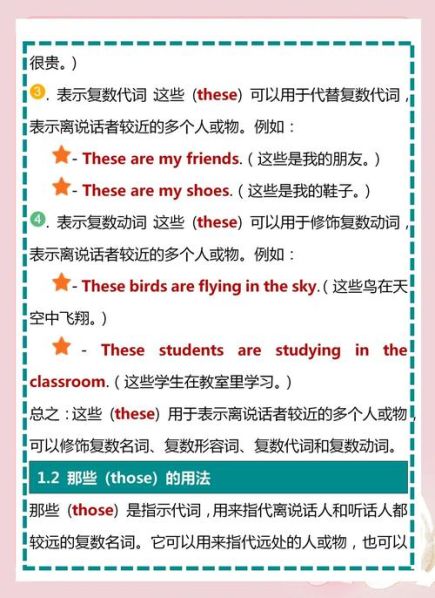: The Multiple Uses of "Besides" in English
In the realm of language, the word " besides" is a versatile one that often appears in sentences and phrases that express contrast or add another layer of nuance to otherwise simple statements. This word, with its subtle yet powerful impact, plays a crucial role in both formal and informal discourse. Whether used in casual conversations, scientific papers, or literary works, it has a way of transforming a sentence into a masterstroke, drawing attention to certain aspects while leaving others unmentioned. In this essay, we will delve deep into the various usages of " besides," explore its nuances, and analyze how it enriches our written expressions.
The first use of " besides" in English is as a preposition, introducing phrases that specify additional circumstances or details. Here's an example: "I am not familiar with his work; besides, I have no idea about his background." In this sentence, "besides" serves as a bridge, linking the speaker's lack of knowledge about the other person’s work with their lack of knowledge about the other person's background. The use of "besides" emphasizes the contrast between these two unknown aspects of the subject.
Another common usage involves using "besides" as a conjunction to introduce an objection or counterargument. Consider this dialogue:
"Do you really think this project will succeed? Besides, there are too many risks involved."
In this instance, "besides" suggests an additional consideration that challenges the listener's confidence in the project's success. It underscores the complexity and uncertainty inherent in such endeavors.

A more sophisticated use of "besides" can be observed in academic writing where it is used to present additional data or findings. For example:
"The study finds that the effect of exercise on cognitive function is significantly greater when considering individuals who are also physically fit besides those with mental health disorders."
In this context,"besides" adds depth to the research by highlighting not only the physical fitness but mental health conditions as factors affecting cognitive outcomes.
However, "besides" can also be employed ironically or metaphorically, which is particularly effective in poetry and fiction. Let's consider a few instances:
-
In poetry, "besides," often implies something unforeseen or unexpected:
"She danced gracefully at the party besides her fears, like a butterfly emerging from chrysalis."
-
In fiction, it can be used figuratively, suggesting something beyond what is immediately apparent.
"He had been living beside the sea for so long, watching boats pass by, yet never once did he glimpse the vastness of the ocean beyond."
-
A poetic use of "besides" can convey a broader concept:
"Beyond the meadow, the forest whispers tales of secrets, and stars align in a constellation of dreams."
The ability to adapt "besides" to different contexts is a key feature of this word's richness and versatility. Whether it be contrasting aspects, adding complexity, challenging assumptions, or conveying broader themes, "besides" allows for nuanced and nuanced expression.
As we reflect upon these uses, it becomes clear that "besides" isn’t just a mere connector or adjective—it carries within it the potential to transform sentences into compelling narratives, to elevate complex ideas into accessible prose, and to create vivid images that resonate deeply with readers. Thus, when we encounter "besides" in our everyday interactions, we should take note of its subtle strength and its ability to breathe new life into our words.
In conclusion, the word "besides" has a multitude of uses in English, each one imbued with significance and purpose. Whether it's contrasting elements, adding depth, or conveying broader meanings, it is a powerful tool that allows writers to craft sentences that are not only informative but also thought-provoking and emotionally engaging. As we continue to use this word in our writing, let us remember its importance and the range of emotions and perspectives it can ev
本文来自作者[高烨伟]投稿,不代表臻货网立场,如若转载,请注明出处:https://www.zhenhuowang.com/jyhz/202504-2386.html


评论列表(4条)
我是臻货网的签约作者“高烨伟”!
希望本篇文章《英语除了的区别用法 英语中的多个“除了”的用法》能对你有所帮助!
本站[臻货网]内容主要涵盖:百科大全、知识汇总、百科经验、常识大全、科普解惑、经验汇总等
本文概览:: The Multiple Uses of "Besides" in EnglishIn the realm of language, the word " besides"...